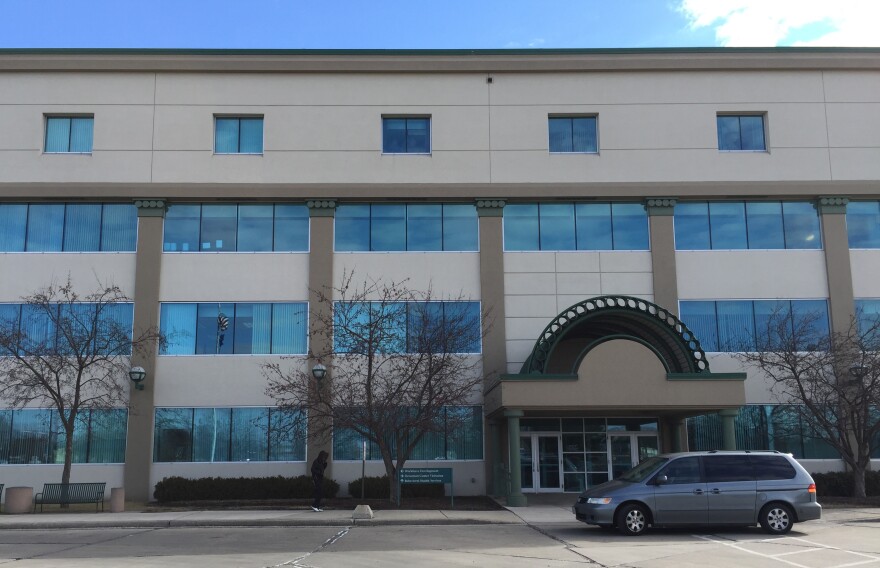Federal authorities continue investigating allegations of assault and abuse at Wisconsin's juvenile prison, Lincoln Hills. Recently, a former Racine County judge revealed that he wrote to Gov. Scott Walker about problems there four years ago. His complaints went unanswered. Afterward, Racine County pulled its youth from the facility and brought them closer to home. Yet the county had begun scaling back more than a decade ago.
At present, no youth who've gone through Racine County's juvenile courts are housed at Lincoln Hills. But that's not just because of the scandal at the facility.
Back in 2003, the county started looking for ways to keep young offenders in the community and shave costs from the state's price tag.
"We were not getting the programmatic results that we wanted, in terms of recidivism, educational attainment and AODA services," Racine County Executive Jonathan Delagrave says.
So the county created something called the ACE program, which stands for Alternatives to Corrections through Education. "That program allowed us to keep kids out of (state) corrections, keep them in Racine County," Delagrave says.
Now the Racine County youth who once would have been sent to Lincoln Hills are sent instead to the Dennis Kornwolf Service Center.

It's a large, four-story county building south of downtown Racine. It houses the county's Juvenile Detention Center, as well as human services offices and those performing other county functions. People visiting the inmates have to go through a secure door at the side of the building.
Kerry Milkie is manager of Racine County's Youth and Family Division. "ACE provides programming six days a week. They have school in the morning, we run anger management groups, they may have mental health therapy appointments," she says.
Most youth are in the alternative incarceration program for about five months. Milkie says toward the end they return to the community, one step at a time.
"We have partnered with Unified School District to provide the Transitional Education Program, or TEP. Those youth go to TEP during the day for school, as a reminder of how to behave in school," she says.
Milkie says the program also keeps youth connected to their families. That's hard to do if the young people are incarcerated at Lincoln Hills, a four-hour drive from Racine. By comparison, the county's juvenile detention center is in the heart of town.

"Family can visit the youth within the facility on a daily basis, if they want," she says.
WUWM hoped to speak to juveniles or family members for this story, but we were not given permission to enter the detention facility.
Racine County officials insist the ACE program is a success, resulting in lower recidivism rates and greater achievement in school -- compared to youth at Lincoln Hills. But the county’s alternative program isn’t the path all juvenile offenders take.
Racine juvenile court judges, such as Gerald Ptacek, say certain youth belong in state corrections.
"We have sent a number of kids to what's called the Serious Juvenile Offender program. They are serious offenses, dangerous and need a long-term stay in corrections, not just to rehabilitate the child, but to protect the community," Ptacek says.
There also are young sex offenders who need specialized treatment the Racine program does not offer, according Judge John Jude, who previously served in the county's juvenile court. Jude says the state corrections system is better suited for the job.
"Some of these things need to be done in a confined setting where you have a treatment team of people that are working with a group of juveniles. I think that is a state responsibility," Jude says.
Yet Jude doesn't think the state will be able to offer those services much longer at Lincoln Hills. He does not foresee the juvenile prison recovering from the abuse and neglect scandal, especially if Milwaukee follows Racine's lead and brings its offenders back to the community.





